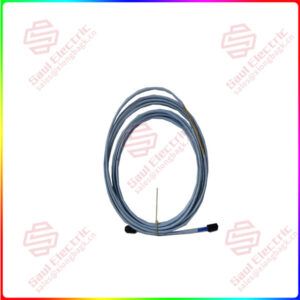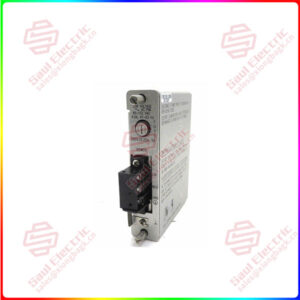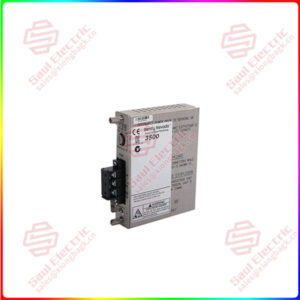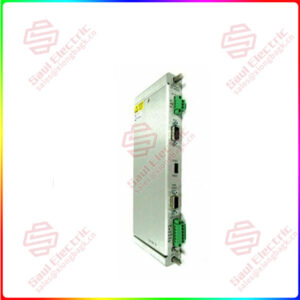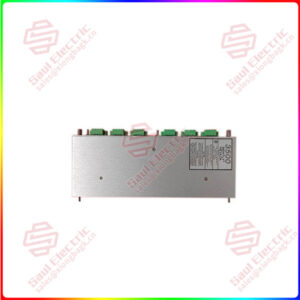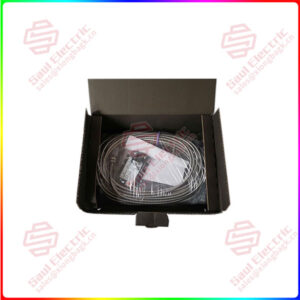Description
概观
Essential details:289761-01 ADAPT (ESD) Emergency Shutdown Device
lf you need to inquire or purchase ,please send the product models to my email or call medirectly .
sunny He
[Email] sales@saulcontrol.com
[Mobile] 86-18059884797
[WhatsApp] 86-18059884797
[Skype] sales@saulcontrol.com
289761-01 ADAPT (ESD) Emergency Shutdown Device


 1 Year Warranty
1 Year Warranty

